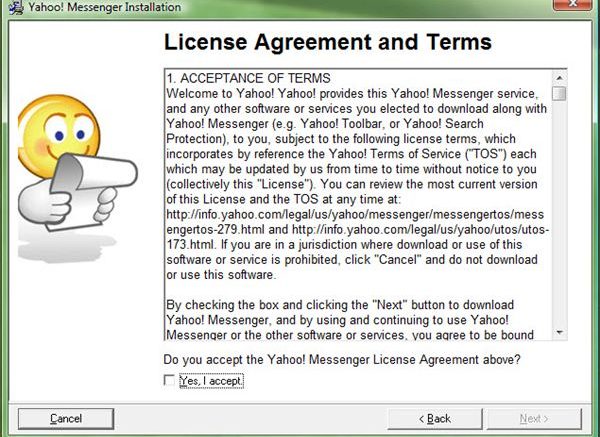Let’s set the record straight: you don’t own half the things you think you do. You don’t own the operating system on your computer, you don’t own any of the digital music and video you have on your hard drive, and you sure as shooting don’t own any of the content you stream from the internet. You don’t own the satellite TV receivers you may have, and if you have cable you probably don’t own that box either. You don’t own your facebook page and you might not even own the software on your thermostat. Owning anything, it would seem, has gone out of fashion.
There are two things happening here: First of all, if you’re talking about real physical equipment you don’t own, it’s because of tax laws that say that the company providing you a service gets a benefit by leasing equipment instead of selling it. They make it attractive to you by promising to replace the equipment if it breaks, which only makes sense since you don’t own it. By the time it becomes old enough to break, though, there’s probably something better that you want anyway.
The other part of the puzzle is that software is hardly ever sold, it’s licensed. It’s been that way for decades; in exchange for a one-time payment, the manufacturer gives you the right to use the software in the way they intend it to be used. You can’t hack it, you can’t use it to break the law, and you can’t give it to someone else. Don’t believe me? Try actually reading that End User License Agreement that you clicked through when you got the thing.
Problem is, through some sort of weird logic that only lawyers and the government understand, music and videos also qualify as “software” because they’re stored on your computer like software and require a special interpreter to be used like software. Not only is the music and video considered software, the operating system on your computer, your printer, and possibly even your mouse and keyboard are all considered software so without agreeing to the terms you never read, you can’t use them. And if you read those terms, they’re pretty scary. You’re usually saying that the company that’s licensing the thing to you can just up and take it away whenever they want.
But somehow we’ve come to terms with this, and here’s how most people do it: they don’t really want to own the thing in the first place. Physical media ownership is down, that’s no surprise, but digital copies aren’t growing up to take its place. Sure, there are hit songs and hit movies but by and large, people don’t have these large media collections they used to have. They use Spotify and Netflix and HBO Now, and when they absolutely can’t stream it, they acquire a downloadable version. Sometimes they acquire it illegally, sometimes not.
And unlike our forebears who boasted record or movie collections spanning entire walls, we’re basically ok with that. Our tastes in movies and music changes, and we just don’t tend to want to keep a song or video around that long. If we want it in the future, we’ll stream it then.
Strangely enough, it seems like movie and music studios are not only ok with this, they’re actually pushing it. Even though you are spending a lot less, they’re not making physical media and they’re probably paying less in royalties for the digital versions. And of course they’ve closed an important loophole – you can’t give a friend something you don’t have yourself. If you’re streaming everything, so are your friends. You’re not making digital copies and handing them out like candy. So it turns out, not selling movies and music is more profitable than actually selling them.
Except that… you don’t own it. If you break up with someone, you can’t decide who gets what music or video; the one with the iTunes or Google Play account gets it, period. If you want it you’ll pay for it again. If someone you’re close to passes away, their media collection just sort of expires, and once again if you want it you’ll pay for it. These are the loopholes that media companies have been trying to close for decades, and they’ve finally succeeded.
There’s a line from the musical Rent that says, “I don’t own emotion, I rent.” That song was written to complain about the materialistic world of the 1980s, a world long gone. At this point, your emotions may still be yours, but it sure seems like you rent everything else — even, it would seem, that particular song.

